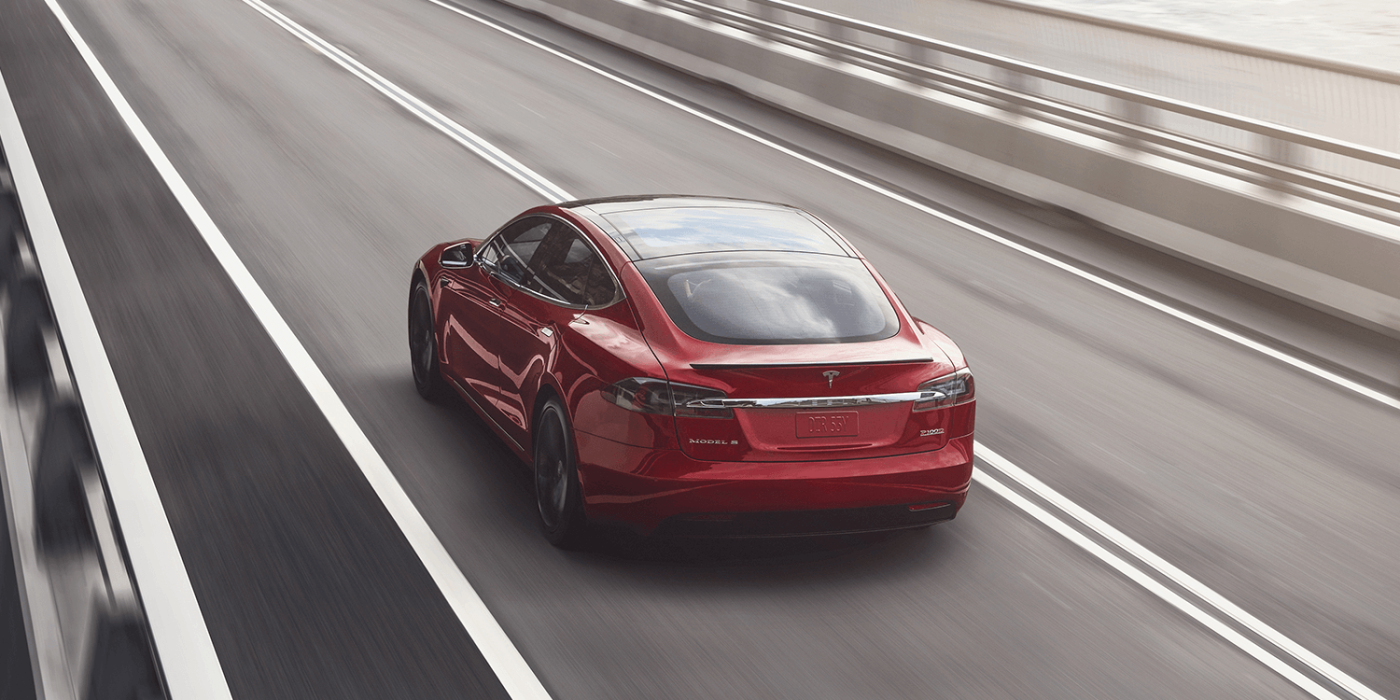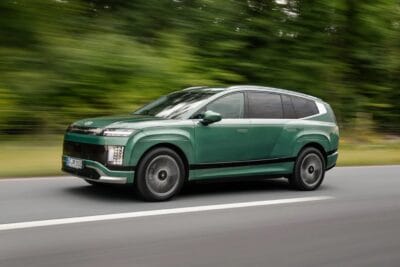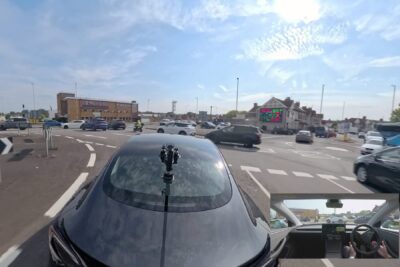Sales of Tesla Model S surge in the Netherlands
Sales of the Tesla Model S have reached a record high in the Netherlands. They overtook even Norway, traditionally Tesla’s strongest hold in Europe. Electric car sales are surging in both countries but in the Netherlands this trend may end abruptly next year.
The reason is a change in the country’s electric vehicle policy. At the moment Tesla vehicles benefit from a significant tax break in the Netherlands. The Benefit-in-kind (or BIK) tax break was worth up to €19,000 for corporate EV owners over five years. Yet this is to end in 2019.
The government in The Hague reduced the tax to 4 percent, but it will go up to 22% for electric vehicles costing more than €50,000 starting next year. This will affect the Model S and X of Tesla clearly.
For now, though, or maybe because of this, the Netherlands have become the leading market for the Tesla Model S in Europe. Throughout the first seven months of 2018, the Dutch people registered 1,927 Model S, a plus of 122.5%. In comparison, Norway reports 1,853 Tesla Model S in the same period, up 117.2%. This means Tesla is selling more than twice as many Model S in these countries than last year.
Hence both countries lead the ranking with Inside EVs naming the remaining Top 5 as UK (985, down 23.9%), Germany ( 907, down 33.6%), and Switzerland (502, down 18.0%). The decrease in demand in these countries might be due to the availability of more and cheaper electric cars.
Note though that Norway remains the country Tesla is selling most of their electric vehicles in. The Model S and X sales taken together account for over 4,000 new registrations in 2018 so far, compared to over 3,000 in the Netherlands. No wonder, Tesla has their European headquarters in Amsterdam.
Still, with the new EV incentive regulation coming up, Tesla could see their sales drop substantially. It reminded us of a similar situation in Denmark. There the centre-right government had to admit that EV sales have massively dropped in the country from almost 5,000 in 2015 to 700 last year since a change in policy (we reported).
Another example of Tesla running into difficulties due to a price cap on EV subsidies is Germany. Here Tesla had to agree to cover the cost of paying back the plug-in grant for Tesla Model S registered before March, 6, 2018 reportedly.





0 Comments